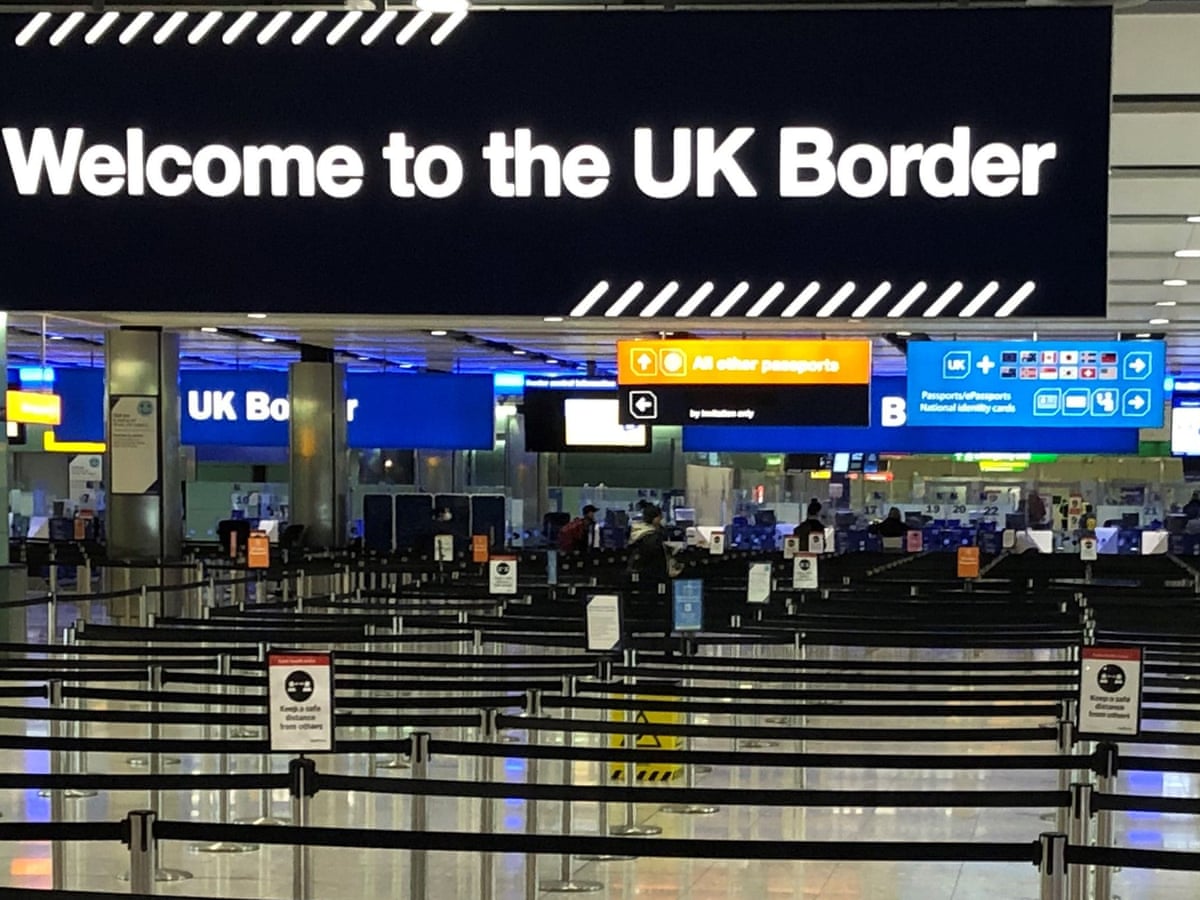
All International Passengers to the UK Must Show Negative Test Result- Grant Shapps
People arriving by plane, train or boat, including UK nationals, will have to take a test up to 72 hours before leaving the country they are in.
Transport Secretary Grant Shapps said travellers “can’t board… without having that negative test”.
It will be on top of the rule to self-isolate for 10 days when arriving in the UK.
Mr Shapps said the government was “very keen to do it now” because of the new variant of the virus identified in South Africa, which he said was “causing great concern with the scientists”.
They’re not sure whether for example the vaccine will be able to deal with it in the first place, and we’re very, very keen to keep it out,” he told BBC Breakfast.
The new measures are expected to come into force across the UK next week, and “as soon as possible” in Scotland.
It comes after a further 1,162 deaths within 28 days of a positive test were reported in the UK – the second consecutive day of more than 1,000 recorded fatalities. There were also 52,618 new cases.
Amid the surge in cases, Prime Minister Boris Johnson has pledged to offer “hundreds of thousands” of Covid vaccines per day in England by 15 January, but even with the vaccines, fears about new Covid strains have led the government to take further measures regarding international travel.
Anyone who fails to comply with the new travel regulations could face an immediate £500 fine.
There will, however, be a small number of exemptions, including hauliers, children under 11, and those travelling from countries without the infrastructure to deliver tests. Arrivals from the Common Travel Area with Ireland will also be exempt.
And all passengers arriving from countries not on the government’s travel corridor list must still self-isolate for 10 days, regardless of their test result.
Mr Shapps said the rule will be UK-wide, although non-essential travel to and from Scotland and Wales is already banned.
The Welsh government said there were currently no international passengers arriving into Wales through Cardiff Airport, but “when they do, they will be subject to the same requirements as the rest of the UK”.

